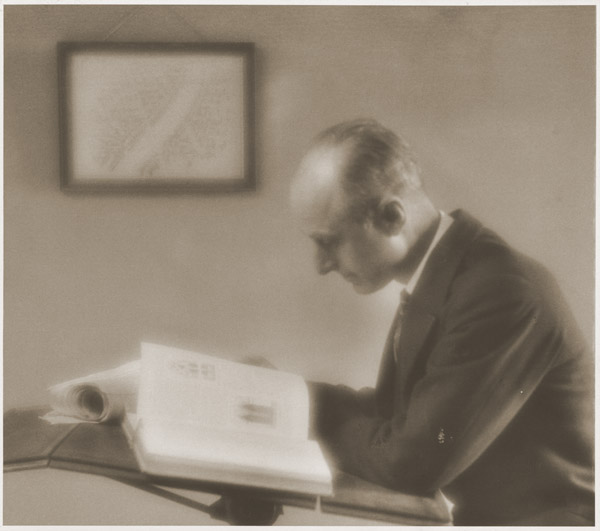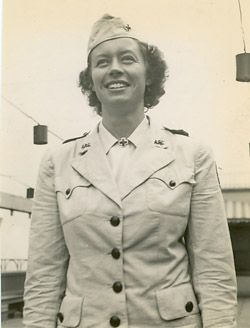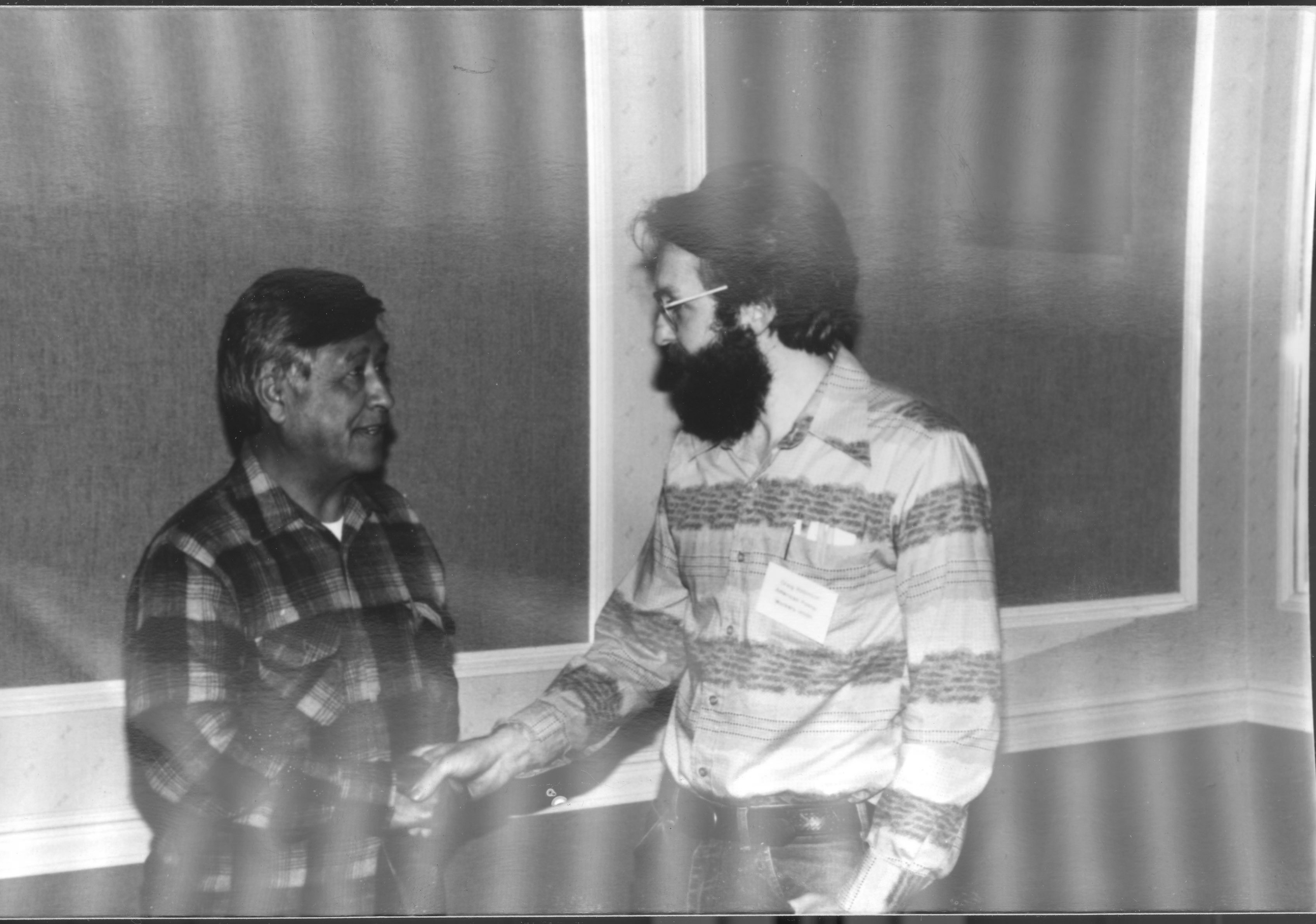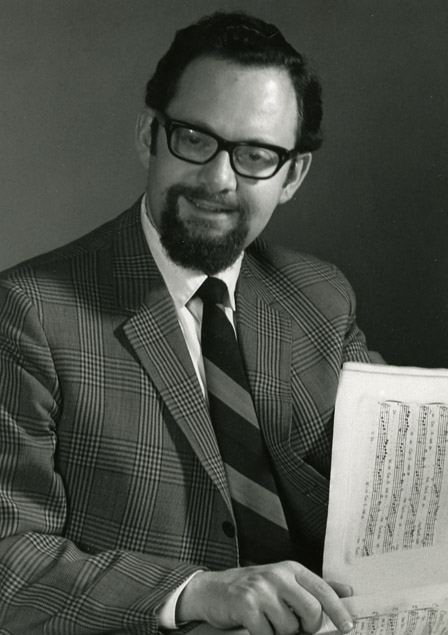Howard H. Quint Papers
Howard Henri Quint was born in New Haven, Connecticut in January 1917. He received his PhD in History from Johns Hopkins University in 1947. During the war years (1942-1946) Dr. Quint served as Propaganda Analyst for the Foreign Broadcast Intelligence Service, as Political Analyst for the Office of the Coordinator of Inter-American Affairs, and as Political and Economic Analyst for the Office of Strategic Services.In 1959 he accepted a professorship at the University of Massachusetts Amherst. Upon his return from a Fulbright in Italy in 1962, Quint was selected as Chair of the History Department, a position he retained until 1968. While serving as Chair, Dr. Quint was instrumental in initiating the PhD program in History and was responsible for establishing the Honors Program at the University of Massachusetts. After stepping down from his position as Department Chair in 1968, Dr. Quint continued to be a Professor of History at the University of Massachusetts until his death in June 1981.
The papers of Howard H. Quint document his distinguished career as professor, author, and Chair of the History Department at the University of Massachusetts at Amherst. They consist of biographical materials; general correspondence (largely professional); research and other materials related to the writing and publishing of five books; lecture notes, syllabi and other course-related materials; note cards and annotated typescripts; articles, book reviews, and academic conference materials; travel documents; materials related to honors programs; and materials related to international scholar exchange programs. The bulk of the papers were generated between 1955 and 1968.



 Listen to oral history with Rand's wife:
Listen to oral history with Rand's wife: 

